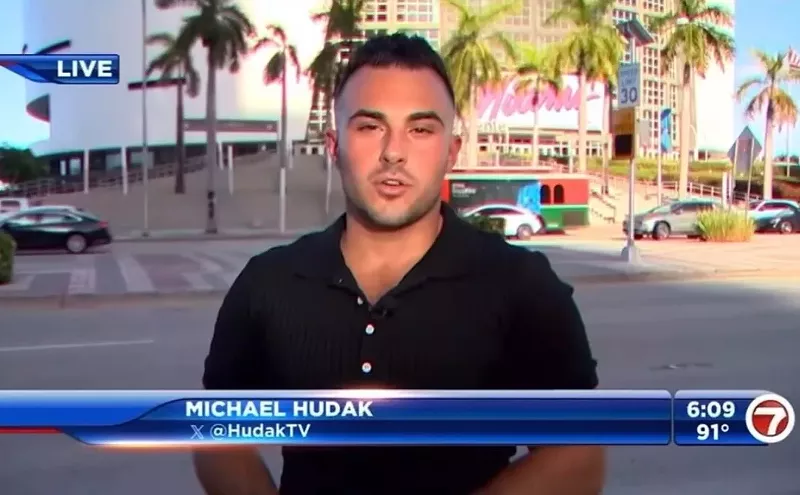Now the city has admitted it screwed up. The cost estimate was nearly double what state law allows, City Manager Jimmy Morales writes in a memo today.
It's a victory for public records hounds — but only to a degree.
“The public records law allows the city to charge reasonable fees for producing public records, but it’s hard to fathom how $73,000 or even $40,000 could be considered a reasonable cost for producing emails that somebody could copy to a thumb drive very quickly," he says. "And the idea that city records about water quality samples would include social security numbers kind of strains credulity, at least to me.”
The trouble began when Herald environmental reporter Jenny Staletovich asked the city for emails between officials and staff discussing water-quality issues over a
In response, Morales writes today in today's memo, the city’s IT department turned up 100,000 emails mentioning terms such as “pump,” “water quality,” and “human-source fecal marker.” Morales notes that “the word pump alone generated 24,892 hits."
Where the city went wrong, he says, was in calculating the cost of screening each one for sensitive information.
Staff used the hourly rate of the person who would spend two minutes reviewing each email — an environmental resources manager paid $39.17 per hour. That resulted in the nearly $73,000 tab.
But city policy states they should have used the rate of the lowest-paid employee in the department.
“That rate is $21.51, which still would have resulted in an estimate of almost $40,000,” Morales writes.
Morales suggests the city and the Herald found middle ground on the request. The daily ended up narrowing its request, which originally included any one of more than 30 key terms, to the name of a researcher whose report found high levels of bacteria in
That brought the number of emails down to 256 and the cost to $185.84 — the CD
“I believe the system actually worked [as intended by the statute] since the Miami Herald will receive the documents they need and City staff and taxpayers are not overly burdened by the process,” Morales writes.
But Hirsch challenges Morales' contention that everything worked out in the end.
“I think the spirit of the public records law is that the public ought to be able to get records reasonably and expeditiously, and I don’t think that happened,” Hirsch says.
The Herald will continue working the story, Hirsch says.
(H/T to Random Pixels)












